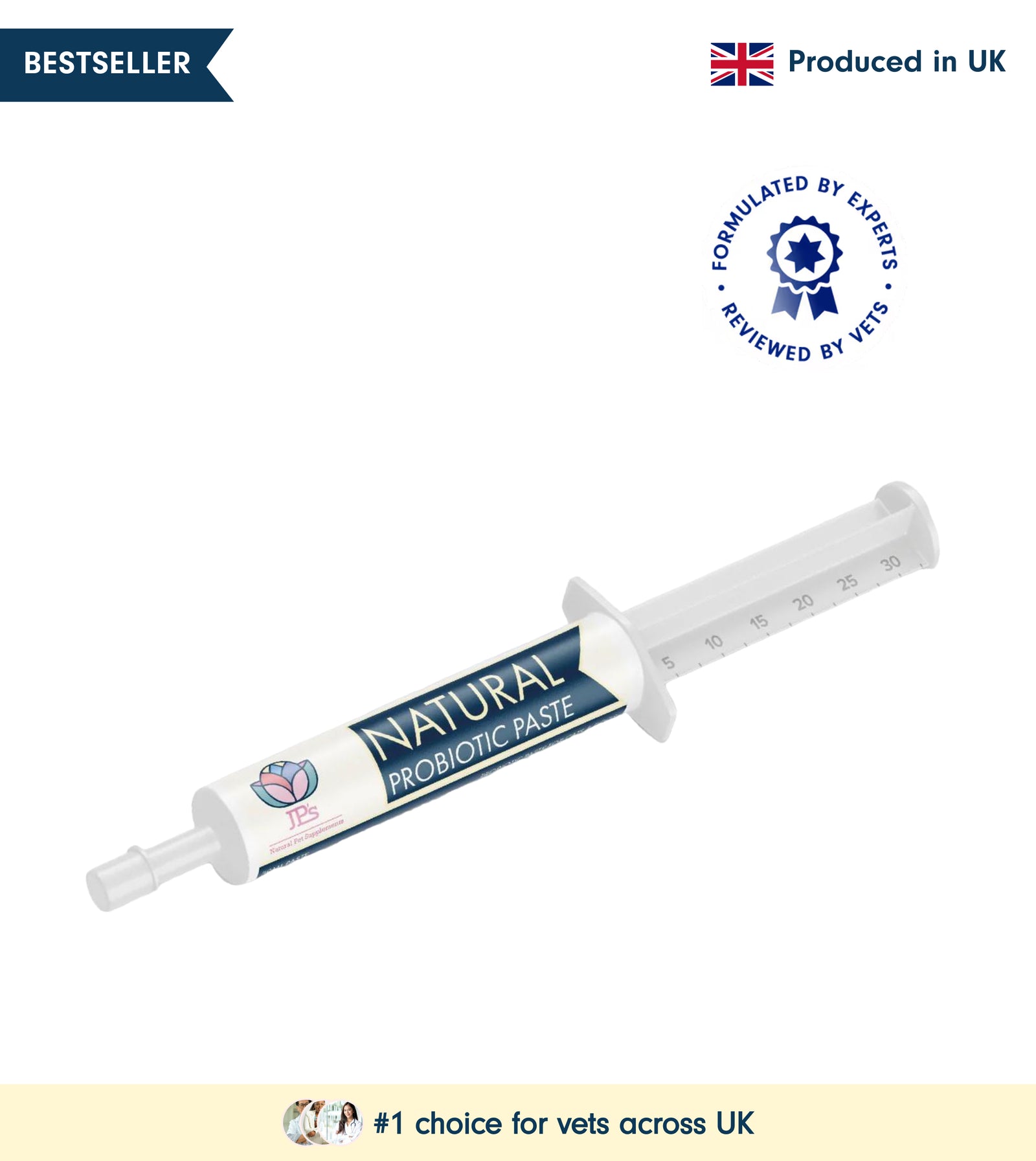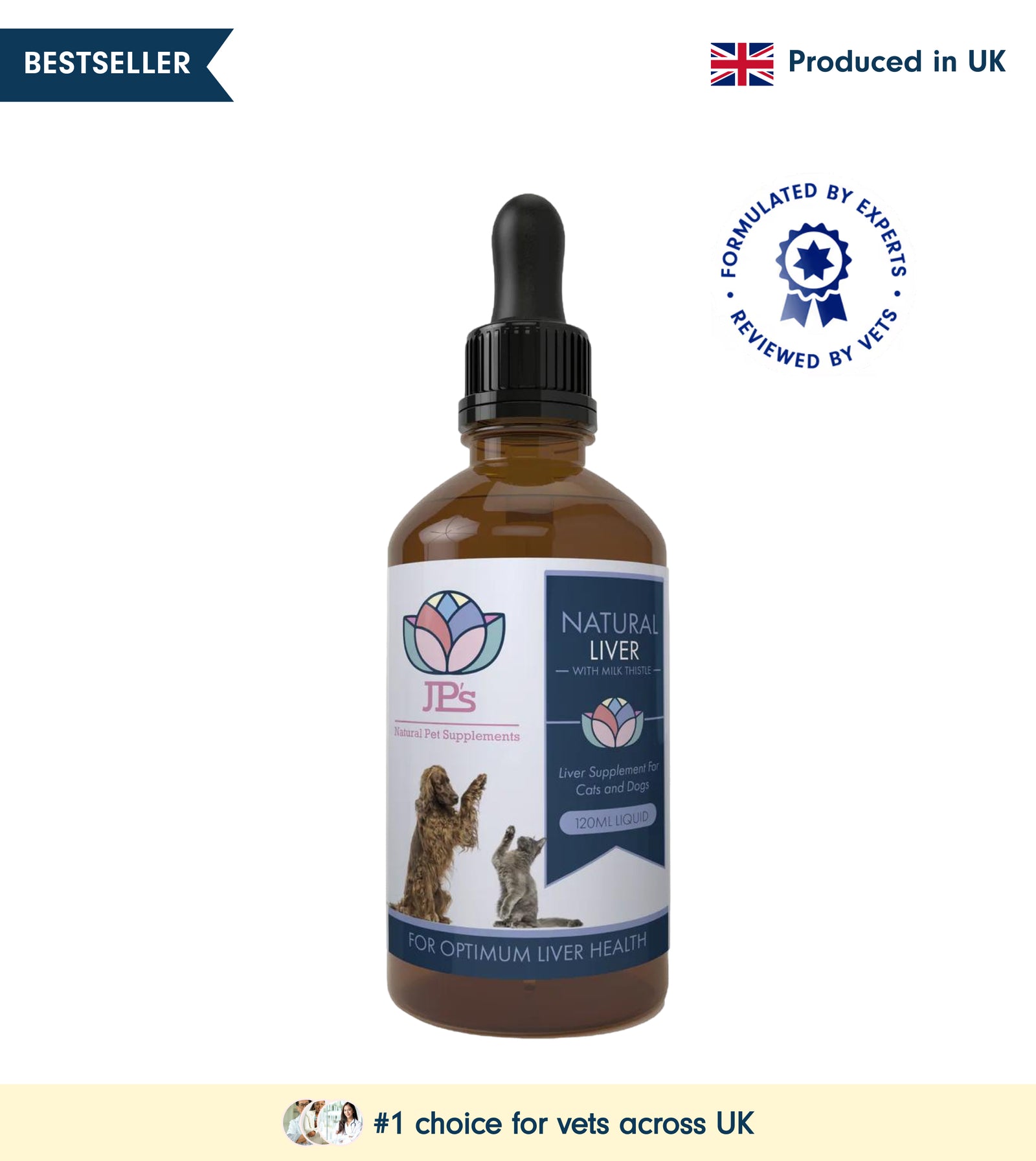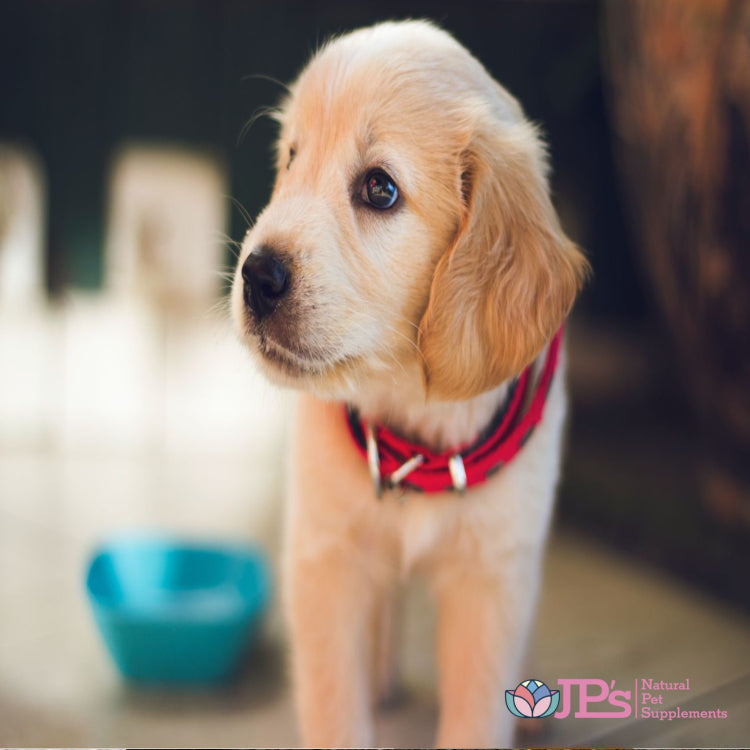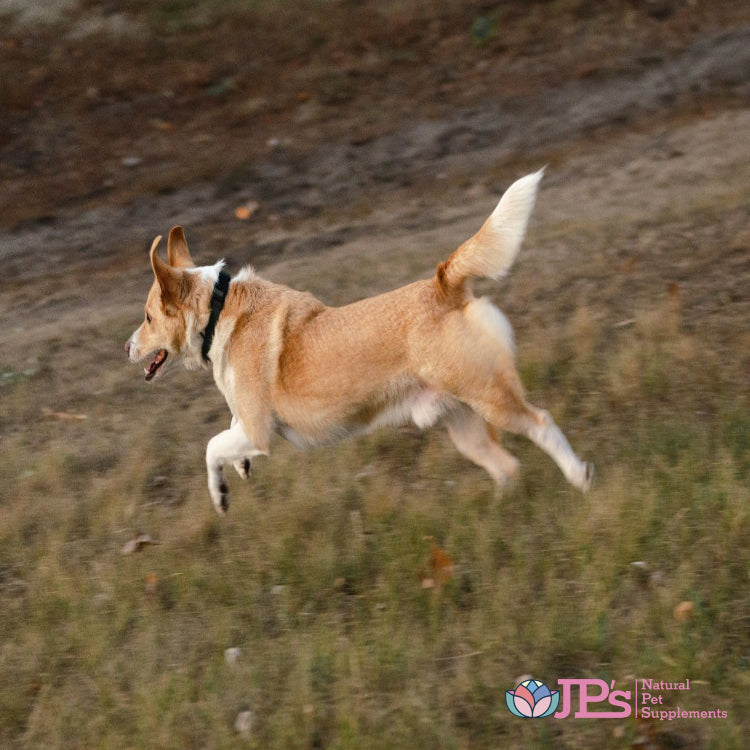How common is anxiety in dogs?
Anxiety in dogs is quite common today, but what are some of the courses that could make our dogs anxious? Remember that every dog is an individual, so this will not relate to all dogs.
What are the common anxiety disorders?
Noise sensitivity, separation anxiety, generalised anxiety disorder, and phobias. A higher prevalence of canine anxiety can be observed within certain dog breeds, and an underlying genetic predisposition can be likely. For some dogs doing too much, can create anxiety. We as owners can create anxiety in our dogs, by simply doing too much with them.
Let us look at some factors that could make your dog have anxiety.
1- Are you always with them and you cannot be away from them? This goes for dogs and owners.
2- Always cuddling, snuggling giving full-on attention constantly, especially if your dog is demanding and they tell you when they want affection.
3- Taking them everywhere in the car, on school runs, or to your family's house.
4- Are they playing with the children all day, or going to doggie daycare, running around like adrenaline junkies all day.
Dogs, like humans and babies, need time to switch off and relax, so everything you do with your dog should be balanced. If your dog is on the go all day, your dog will never have the time to sleep, and their brain, body and nervous system get to the point where they cannot shut off. Then we have inadvertently created an anxious dog, and when your dog is finally in a place where they need to be calm and behaving, or they are in a situation where they need to settle, they will not know how to relax and switch off. It is important you are offsetting your activity with non-activity. You need to train your dog to do nothing as often as you teach them to do something. So, practice downtime, this might require you to put your dog in a crate if they are crate trained, put your dog on a lead, (in the house if necessary) or teach them to go to place/ bed. Practice putting your dog into a down command, this will give your dog time to relax, its important dogs have that decompression time to avoid anxious cycles.
My dog’s hyper.
Some dogs have a tough time expressing that they are tired and need rest. This often happens in working breeds of dogs with strong instincts. In these dogs that don’t seem to have an off switch, tiredness often shows up in hyperactivity, and frustration and other behaviours can start appearing that owners don’t like, such as mouthing etc. Owners can get confused with this hyperactivity and think their dog is just full of energy when in some cases they need that downtime, so we need to get a good balance, exercise, training, and downtime.
Can dogs notice their owner's anxiety?
Yes, dogs can notice their owner's energy, and this can also make your dog anxious, dogs are sensitive to human emotions. So, if their owner is anxious and stressed it can rub off on your dog. Dogs have many ways of detecting human feelings, such as through body language, tones, frequencies in our voice, and facial expressions.
Dogs that are reactive to other dogs or people and have anxiety.
If you have an anxious nervous dog, it may be reactive to other dogs. Let us look at an example of what can normally happen to make your dog react on their walk, and what could finally make your dog explode on their walk. I call it stacking, or the stress bucket. Before your walk begins your dog may have been sitting in the window, watching other dogs walk by frantically barking at the window. Then the owner decides to take their dog for a walk, you may come across your neighbour's dog frantically barking at their gate, and now you can see it is starting to stack up in your dog. It is putting fuel on the fire, and your dog may be ready to explode at the next dog that comes along. So, imagine a stress bucket, some dogs will have a bucket that does not fill quickly, and empties easily, this means they can cope with most things they encounter and do not get stressed out every day. Other dogs will have smaller buckets that are easily filled and slow to empty, every dog is different. So, it is key that owners start to understand their dog's needs.
As owners you want your dog’s life experiences to be positive or neutral. The more things your dog finds stressful, the more likely you will see your dog overreact to everyday events. If your dog is reactive just be mindful not to put them into the same situation every day, it is another drop in their bucket, and once the bucket has overflown, it can take 72 hours for it to empty again. This is because big reactions cause a huge spike of the stress hormones cortisol and adrenaline in your dog’s body. It takes time for them to recover to normal levels, this is why it’s important to do many decompression walks with your reactive nervous dog, such as walking in the woodlands, or somewhere quiet which lets your dog relax and engage their nose through sniffing. It is also important for owners to have a relaxing walk with their dog. Obviously, in life, it is impossible not to come across any stressors, some stresses are necessary to keep dogs functioning sharp and alert. In moderation, they will help them learn how to cope with their living conditions, but just be careful not to push your dogs every day into too many stressful situations.
Giving affection to your dog, at the right time.
When is it ok to give affection to your dog? I am not saying you cannot give affection to your dog, but are you giving affection at the right times, especially if you have an anxious dog? Giving affection to your dog is an excellent way of teaching your dog what you want, and it’s necessary for a balanced relationship with your dog. But it is important when and how much affection we give our dogs. Do not start giving affection when your dog is clearly in a negative state of mind, or practising behaviours that are unwanted. Does your dog have any of the following issues below?
Is your dog demanding affection, or other things from you? Does your dog have separation anxiety? Are they barking all the time? If the answer is yes, then you need to determine, when and how much affection is appropriate. For a dog with separation anxiety, affection must be given at the right times, affection is what your dog is obsessed with. If you want a dog like this to learn how to be alone, giving too much affection and poorly timed affection will only hinder your dog from being confident by itself. If on the other hand, you have a trained, calm, respectful dog without behavioural issues, then it is ok to be much lenient and generous with affection.
Justine Shone



















Leave a comment (all fields required)